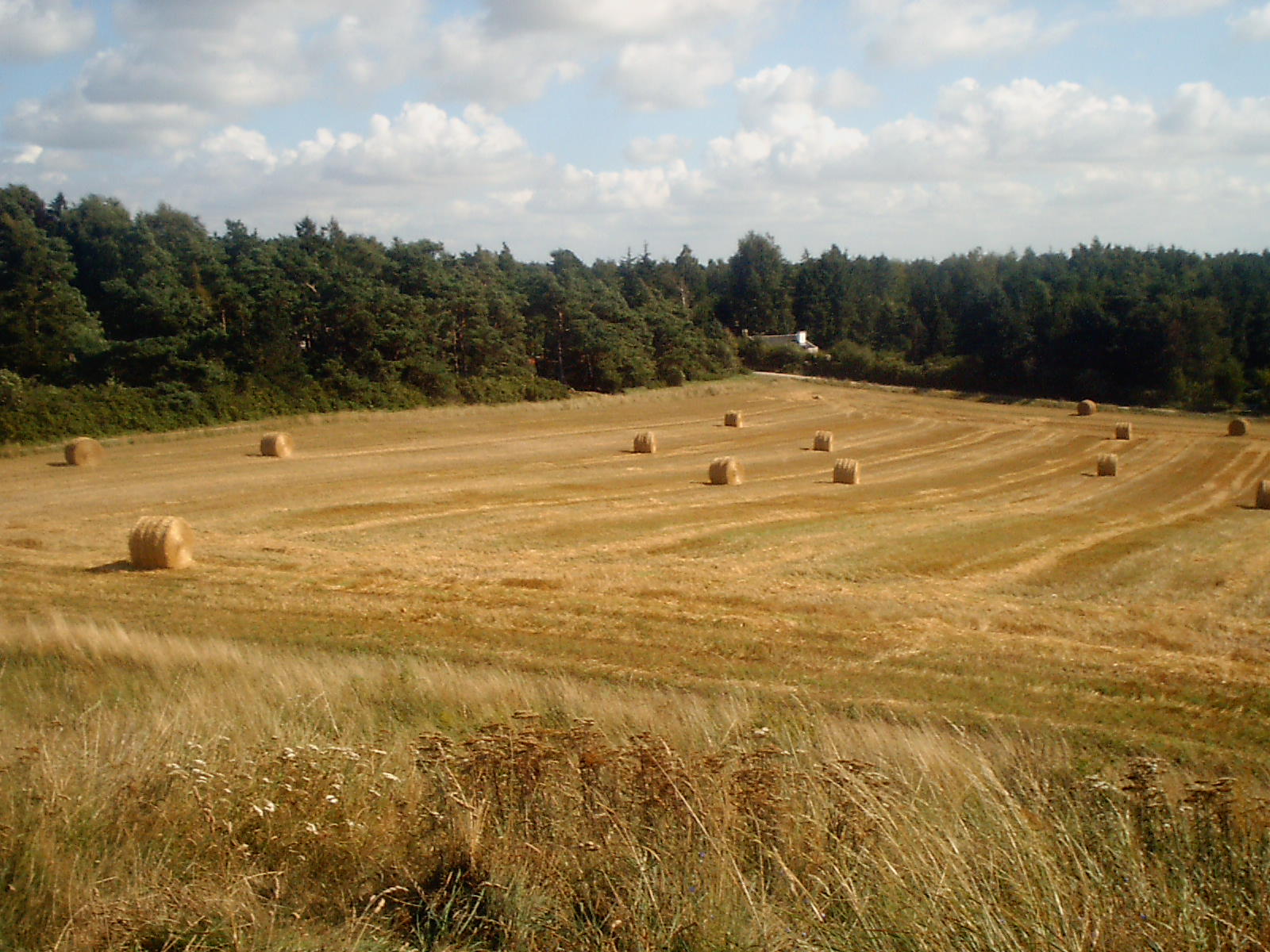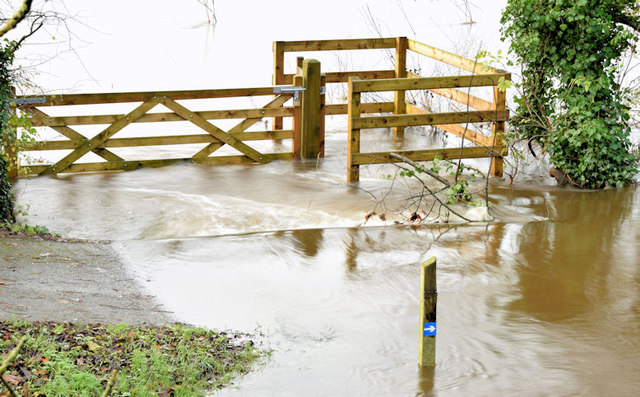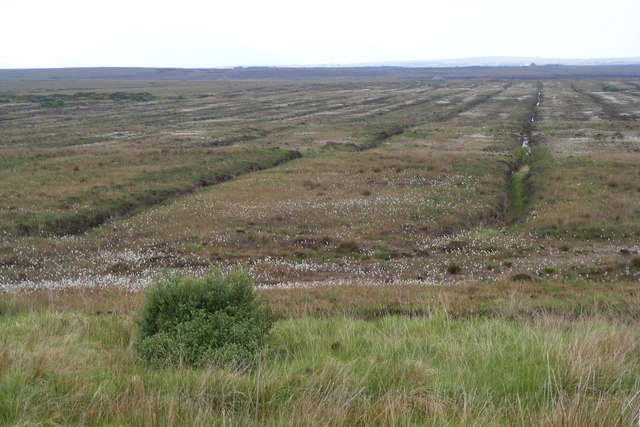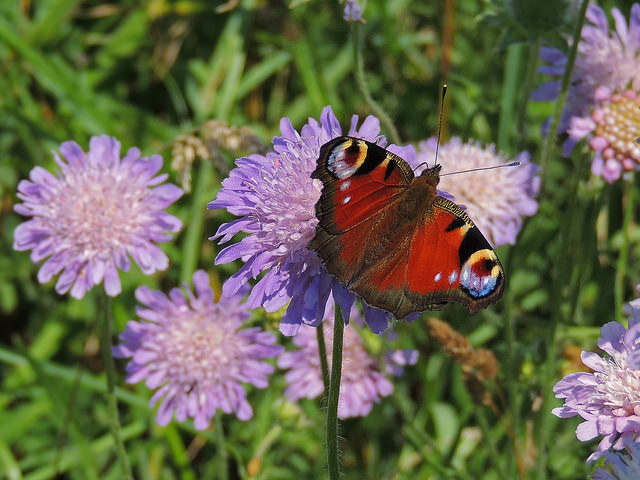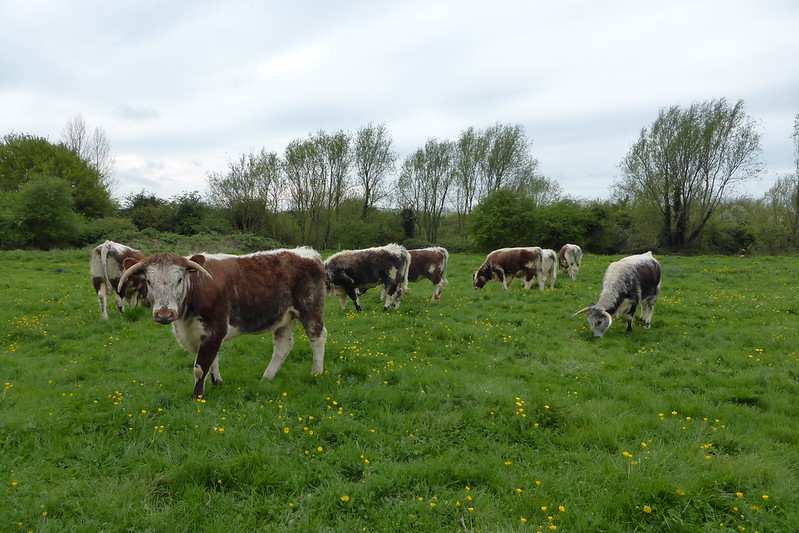How farms are structured in the EU has become the focus of increasing attention as a result of growing political concern over trends in farm consolidation and farmland concentration. This political interest has focused on different elements of structural change in EU agriculture. For some, the focus has been on land grabbing and the rise of large-scale land deals; for others, it is safeguarding the position of the family farm; for some, it is opposition to industrial farming and the growth of ‘mega’ farms; for others, it is defence of small farms, often seen as integral to food sovereignty; for some, the issue is generational renewal; while yet others focus on the decline in the overall number of farms.… Read the rest
The CAP Transitional Regulation and Next Generation EU funds
The European Parliament approved last Tuesday evening the common position on the CAP Transitional Regulation previously agreed with the Council. Once the Council gives its formal approval, it will take effect from 1 January 2021. The Regulation provides legal certainty regarding the rules for payments to farmers by continuing the application of the rules of the current CAP framework in the two calendar years 2021 and 2022 under the ‘old rules, new money’ principle.
The Regulation makes necessary amendments to the four CAP Regulations that make up the 2013 CAP reform (direct payments, rural development, single common market organisation, and horizontal matters).… Read the rest
The EU’s proposed ‘net 55%’ reduction target for 2030 – a clarification
One of the decisions taken at the European Council summit last week was an agreement that “To meet the objective of a climate-neutral EU by 2050 in line with the objectives of the Paris Agreement, the EU needs to increase its ambition for the coming decade and update its climate and energy policy framework. To that end, the European Council endorses a binding EU target of a net domestic reduction of at least 55% in greenhouse gas emissions by 2030 compared to 1990.”
The European Council thus endorsed the Commission’s proposal in its 2030 Climate Target Plan Communication for an EU-wide, economy-wide greenhouse gas emissions reduction target by 2030 compared to 1990 of at least 55% including emissions and removals.… Read the rest
Commission’s 2030 Climate Target Plan proposes radical changes in the rules governing agricultural and land GHG emissions
In my post in March 2020 on EU climate policy and agriculture, I highlighted the limited expectation among Member States in reporting their projected greenhouse gas (GHG) emissions to the European Environment Agency (EEA) to make significant reductions in agricultural emissions by 2030.
Given the greater climate ambition set out in the European Green Deal and the Farm to Fork Strategy, I argued that, to properly incentivise, motivate and track progress in the farming sector, a focus on agricultural emissions alone is misleading and should be supplemented by also considering changes in land use emissions and removals that are under the control of farmers.… Read the rest
CAP decisions make slow progress towards the green transition: I Definitions
Last week both the AGRIFISH Council and the European Parliament agreed their negotiating mandates to enter the final stage of the approval process for the framework of the future CAP, thus opening the way for the trilogue process with the Commission to reach final agreement on the CAP legislation in the early part of next year.
Agreeing these positions was not without drama in either the Council or Parliament. The Council press statement announcing that its negotiating position had been agreed was issued at 04.43 on Wednesday morning 21 October 2020 after an extra night of negotiations following its two-day meeting.… Read the rest
Agriculture in the European Green Deal: From Ambition to Action
Today I had the pleasure of contributing to a panel discussion on the European Green Deal at the annual DG AGRI workshop on the medium-term outlook for EU agricultural markets, income and environment. This post consists of a slightly extended version of my remarks.
The European Green Deal is a growth strategy that aims to transform the EU into a prosperous, fair, competitive and resource-efficient economy, with no net emissions of greenhouse gases by 2050, zero pollution and a decoupling of economic growth from resource use. It is also a response to urgent challenges.
Despite progress in some areas, many trends in the farm and food sectors are going in the wrong direction.… Read the rest
Commission publishes Member State envelopes for direct payments and rural development 2021-2027
The Commission has published without fanfare on its MFF website the breakdown of national pre-allocated ceilings for direct payments and rural development for the coming 2021-2027 programming period as well as their scheduling over the seven-year period. These figures are based on the European Council’s MFF conclusions in July 2020 and assume that these conclusions will eventually receive the approval of the European Parliament. As I write this, this is not a foregone conclusion. Talks between the German Presidency and the Parliament negotiators on the MFF package made no progress yesterday evening despite an attempt by the Presidency to break the logjam by offering to find additional funds for budget lines supported by the Parliament at a mid-term review of the MFF.… Read the rest
CAP Transition Provisions 2021 Regulation delayed
In June 2020 the Council and COMAGRI negotiators reached a partial provisional political agreement on all essential aspects of the Commission draft Regulation extending the CAP provisions beyond 2020 (I discussed the Commission’s draft Regulation in this post). This followed a decision by COMAGRI to enter into negotiations with the Council without first seeking a Parliamentary first reading position on the basis of its legislative report on the draft Regulation agreed in May 2020. While most of the provisions of the CAP direct payments regulation would apply as long as that regulation remains in force, the transition regulation is necessary to provide a legislative basis for other CAP spending after 1 January 2021.… Read the rest
Keep an eye on coupled income support
Much attention is rightly focused on the changes that the co-legislature (Council and Parliament) might make to the Commission’s proposed green architecture in the next iteration of the CAP (see contributions from Lakner and Pe’er and ARC2020 as well as my earlier post). There are also other elements in the proposed CAP framework with potentially important implications for production and environmental outcomes. In this post I focus on the proposals for one of the more production-distorting elements, namely, coupled income support.
The background
The conditions governing what is called ‘voluntary coupled support’ (VCS) in the current CAP and what the Commission has relabelled ‘coupled income support’ in its May 2018 proposal for the next CAP have been gradually relaxed in the current CAP period (I have previously described in earlier posts the changes made in the 2013 CAP reform and the changes introduced in the Omnibus Regulation).… Read the rest
The CAP in the 2021 budget negotiations
The Council Presidency, European Parliament negotiators and the Commission have had several trilateral meetings during August and September to try to reach agreement on the seven-year Multi-annual Financial Framework (MFF) following the European Council conclusions in July. The aim is to reach agreement by the end of October, but according to the Parliament’s negotiators, these discussions are not going well. The Parliament is pointing to the safety net procedure in the Treaty which, in the event of no agreement, provides for a contingency plan which would allow sectoral programmes to start functioning on 1 January 2021 on the basis of the 2020 amounts.… Read the rest

